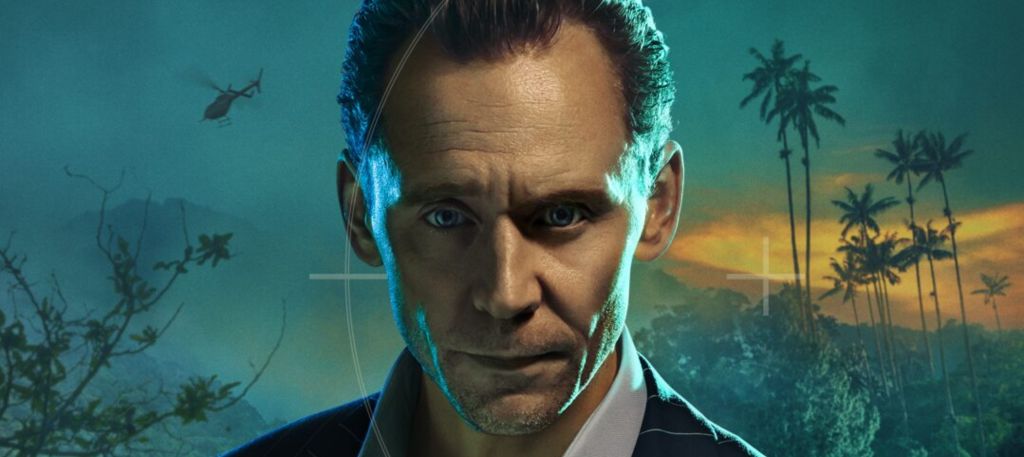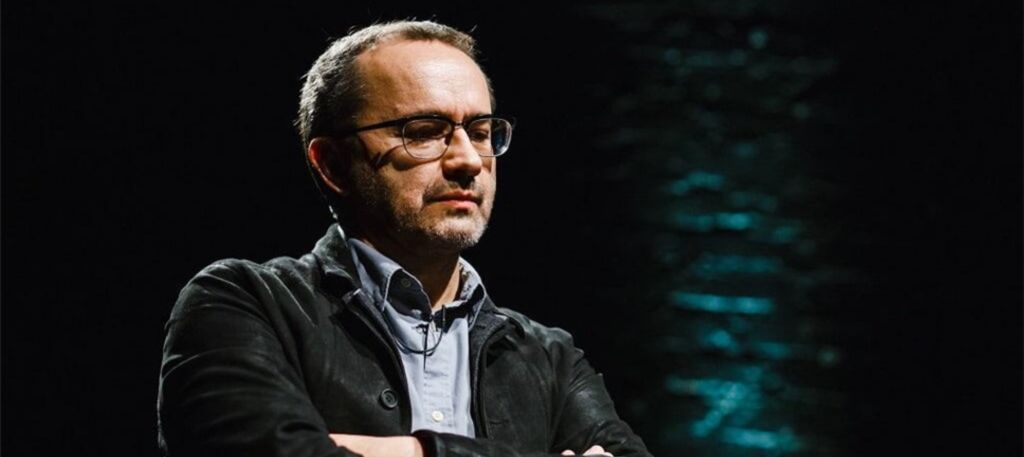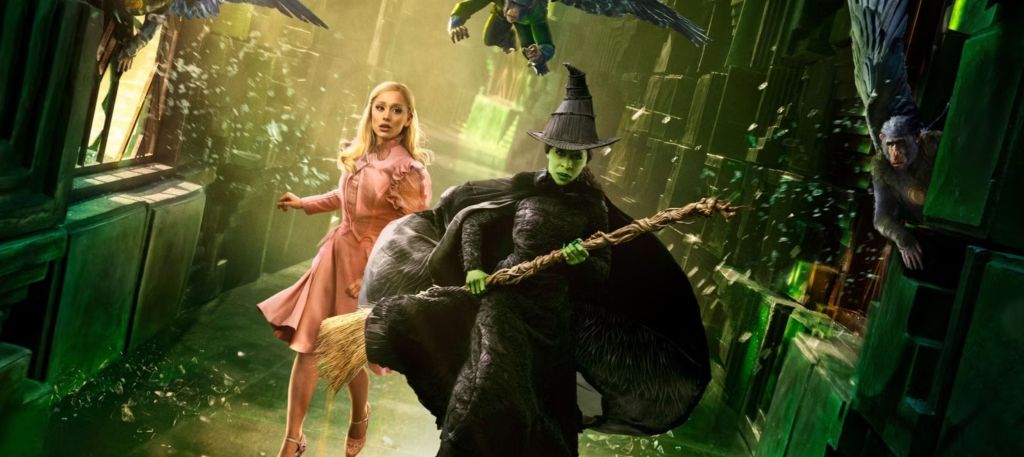
For anybody unfamiliar with the origin of the Wonder Woman comedian books, it could come as a shock to study that the superhero’s 1941 genesis includes sadomasochism, bondage, kinky role-playing, and a scandalous ménage á trois. You’d suppose, based mostly on such a juicy historical past, film made concerning the Amazonian princess’ creation could be tantalizing, if not downright titillating. But you’d be incorrect: In the palms of author/director Angela Robinson, this considerably salacious true story seems to be snooze-inducing reasonably than horny.
Wonder Woman was created by former Radcliffe professor William Moulton Marston (Luke Evans), a proponent of DISC concept that emphasised dominance, inducement, subjugation, and compliance because the 4 pillars of human habits. As introduced within the movie, Marston is most focused on inducement, through which an individual persuades a topic to do what they need. And what Marston desires is to review—or reasonably, seduce—Olive Byrne (Bella Heathcote), an exquisite 22-year-old scholar in his psychology class who can also be the niece of feminist icon Margaret Sanger. However, Byrne is extra interested in Marston’s sensible, forward-thinking spouse Elizabeth (Rebecca Hall). Byrne quickly strikes in with the Marstons and the three embark on another, free-love life-style, which will get Marston fired and finally yields 4 kids, two by Elizabeth and two by Olive. Years go, after which at some point Marston sees Olive dressed up in a good, bare-shouldered costume, thigh-high boots, twin silver bracelets, and a tiara, whereas holding a strand of thick rope like a lasso in a little bit of bondage playacting; he seizes upon this because the inspiration for a feminine superhero. He takes his proposal to comic-book pioneer M.C. Gaines (Oliver Platt), and a brand new champion of justice is born.
The film is instructed by way of flashbacks as Marston is grilled by Josette Frank (Connie Britton), the sanctimonious director of the Child Study Association of America, as she decries Marston’s depiction of violence, bondage, spanking, torture, and implied homosexuality within the Wonder Woman comics (Marston based mostly his story traces on his fantasy-filled house life). It’s an odd gadget that detracts from the general story, though Britton is kind of good because the high-minded inquisitor. As for the remainder of the forged, Evans is uninteresting and unconvincing, as is Heathcote, however Hall is solely dynamic in a efficiency that’s equally ferocious and fragile.
Robinson tries laborious to color Marston as a progressive freethinker and champion of girls’s rights, however Elizabeth nails it when she tells him to cease justifying the whims of his personal sexual need with science after he refers to a bondage state of affairs as a analysis experiment. It’s a blistering rebuttal that will get to the guts of her husband’s erotic ambitions, and one needs that Robinson had handled the remainder of Marston’s story this actually. Instead, she tries to wash it clear and presents the threesome’s lives as nothing greater than home bliss. This method would appear small-minded in a narrative a couple of typical marriage, not to mention one involving polyamory. Robinson desires her movie to be each titillating and conventional, and it leads to a muddled center floor. It commits the worst cinematic sin: It’s boring.
Source


